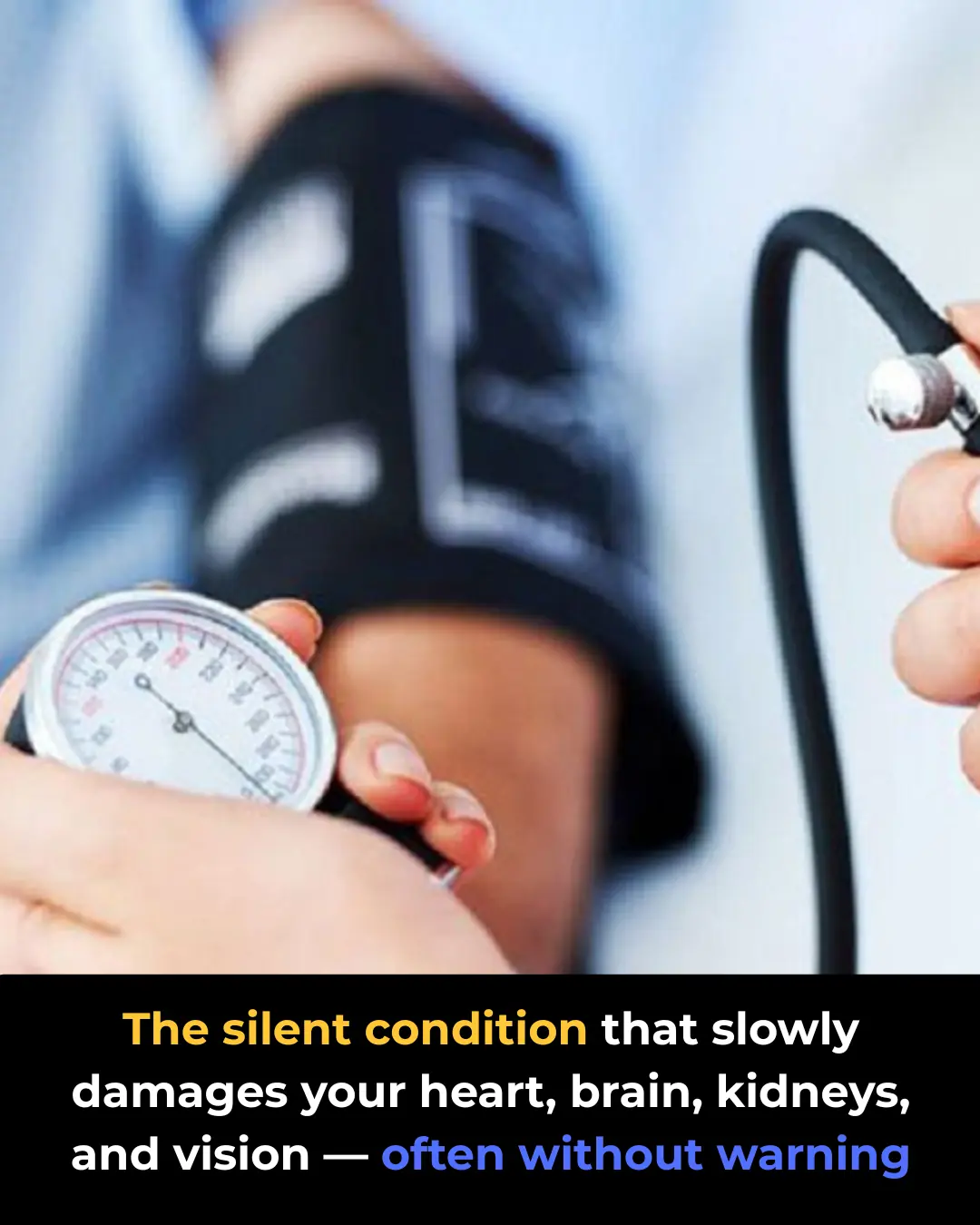
How Water Fasting Can Regenerate the Immune System, Slow Aging, Reduce Heart Attack Risk and More

Water fasting involves only drinking water and not eating any food for a set period of time. Fasting for one, two, or even more days has many health benefits. A water fast can help you lose weight, regenerate your immune system, and may even slow aging. However, for water fasting to be safe and effective, you should fast properly.
Although only drinking water for 2 or 3 days can have its benefits, water fasting may not be for everyone. There can be dangers associated with water fasting if you are underweight, pregnant, or have underlying health conditions. However, if you want to lose weight, a water fast can kick-start your diet.
In this article, you will learn about the benefits of water fasting and how to water fast safely. You will also find out what to do before and after water-only fasting to get the most benefits from it.
What is Water Fasting?
Water fasting is when you don’t consume anything but water for a set period of time. A water fast can last for as short as 24 hours or last as long as 5 or 7 days.
A 2015 review of the benefits of fasting reported that there are different types of fasting. On a water fast, you will usually only drink water at regular times throughout the day. People use water fasting for weight management and to help prevent disease. (1)
Some people like to add lemon juice, cayenne pepper, and honey to their water fasting. One of the popular water fasting methods is the lemon detox cleanse. Other popular water fasting recipes include adding cucumber, watermelon, or ginger to the water.
What are the Possible Benefits of a Water Fast?
Fasting every so often for 1 or 2 days by drinking only water can help to stimulate your metabolism and regenerate your cells.
For example, studies have shown that fasting results in changes in the body’s metabolism. This can result in a process called ketogenesis where the body uses fat as its primary energy source. That is why water fasting is good for a short-term weight loss. (1, 2)
A 2016 review on the benefits of fasting found that it can boost cognitive performance, regenerate cells, lower body fat, and reduce the risk of chronic disease. (3)
Water fasting can also protect your heart against the effects of inflammation. (4)
One of the greatest benefits of short-term water fasting is a process called autophagy. This is where metabolic processes in the body get rid of dysfunctional components of cells. This helps to recycle cells and protect against chronic health conditions and neuro-degenerative diseases. (5)
Is Water Fasting Bad or Good for You?
Water fasting is good for most people when done safely.
A 2018 analysis of the potential side effects of water fasting found that there was only a minimal risk of adverse side effects. Restricting food intake and drinking only water caused mainly short-term problems such as fatigue, headaches, and insomnia. (6)
One study showed that drinking only water on a fast can slightly affect kidney function during the fast. However, in this study, the water-only fast was for 11 days and longer than most people fast for. The study did find that fasting has benefits such as reducing oxidative stress, body weight, and blood pressure. (7)
According to doctors from WebMD, fasting is not good for children, pregnant women, some diabetes conditions, and if you have an eating disorder. (8) Also people with other health conditions shouldn’t do water fasting without consulting first with their doctor.
Water Fasting Side Effects (Dangers of Water Fasting)
Are there any dangers associated with a 2 or 3-day water fast?
One of the reasons why water fasting isn’t recommended for people with eating disorders is that it can encourage binge eating and bulimic behavior after the fast. (9)
Results from studies indicate that most side effects of water fasting are only short-lived. People who water fasted for 2 days or less complained of fatigue, sleeplessness, headaches, back pain, indigestion, and other gastrointestinal upset. Researchers found that water fasting only causes minimal short-term side effects in healthy people. (6)
However anyone who water fasts for extended periods (more than 3 days) or have medical condition should do it only under close medical supervision.
How to Water Fast
There are no specific guidelines on how to fast with a water diet, apart from only drinking water.
During a 24-hour water fast you should aim to drink between 2 and 3 liters of water. This means you should drink a glass of water every hour or so.
Usually, a water fast lasts between 1 and 3 days for best results. If you want to fast safely for longer, it is important to consult with your doctor. Water fast diets that last between 4 and 7 days may not be suitable for everyone.
What to Do Before and After Water Fasting
To get the most benefits from fasting on a water diet, it is important to prepare your body for the fast. For example, you should eat the right foods before and after the water fast. This can help to prevent some of the side effects that a few people experience on water fasting.
It is also important to break your fast correctly to prevent weight gain and to keep your body in ketosis after the fast.
Before fasting
Before starting a water fast, you should eat the right foods so that your body better adjusts to only consuming water.
For example, in a study from 2018 the participants were instructed that two days before the planned water-only fast, they should eat only starchy steamed vegetables as well as fresh fruits and vegetables. They also started increasing their water intake and minimized physical activity. (6)
Before the water fasting you should also eliminate alcohol and caffeine from your diet. Also, try to cut down on sugary foods and beverages. This will help to reduce any adverse reaction from only drinking water for 2 or 3 days.
If you are planning an extended fast of 4, 5, or 7 days, then it’s also a good idea to try and reduce stress as much as possible before and during your fast.
After fasting
One of the biggest mistakes to make after a water fast is to eat a large, calorie-laden meal.
Doctors recommend gently breaking the fast and this should last for half of the time you fasted for. So, if you had a 48-hour fast, then you should take one day to break the fast. If you had a 7-day water fast, it may take between 3 and 4 days until you can return to normal portions of food. (6)
The first phase of breaking a fast should consist of only consuming fruits or vegetable juices or bone broth. You can gradually start introducing solid plant food that doesn’t contain salt, oil, or sugar. (6)
During an extended fast, your body goes into ketosis. This means that your body uses fat and ketones rather than glucose (sugar) as its main energy source and. If you break your fast gently, it should be possible for a short time to stay in ketosis after water fasting.
Water Fast Tips
Water fasting that lasts 2 or 3 days can be challenging, especially if you have never done a water fast before. So, if you are new to water fasting, then trying a 1-day water fast will help you know what to expect.
Other ways to make a success of your water fast to get the most benefits include:
- Avoiding stressful situations or demanding tasks while fasting
- Preparing well before your fast and not just starting it abruptly
- Not fasting if you are ill, recovering from infections, or feel unwell
- Getting low impact exercise to help keep your body moving but avoiding excessive exercising
- Gradually build up your intake of solid foods after water fasting
- Try to eat light meals before and after the water fast
Benefits of Water Fasting
Let’s look in more detail at the many benefits of enjoying a 24, 36, or 48-hour water fast.
Water Fasting May Promote Autophagy
One of the reasons why fasting is good for your body is that it promotes autophagy.
Autophagy literally means “self-devouring” and it is a type of recycling process where old parts of cells are broken down and removed from the body. A 2018 review found that fasting and calorie restriction induces autophagy in the body. (10)
Various studies have linked autophagy to the prevention of certain chronic diseases.
For example, a 2018 review found that autophagy can help prevent cancer and also protect against the side effects of chemotherapy and radiotherapy. (11, 12)
One 2016 study found that autophagy can improve cardiovascular health and reduce the risk of heart disease. (13)
Although fasting-induced autophagy has certain health benefits, more research needs to be carried out on its role in protecting against disease. (14)
Water Fasting May Help Lose Weight
Some of the most noticeable effects of water fasting are lower body weight, less belly fat, and a slimmer waistline.
The International Journal of Obesity reported that fasting can help lose weight. Following a fasting regime helped to lower the hormone leptin which is associated with obesity and body fat. Also, fasting reduced inflammatory markers, blood fat (triglycerides), and cholesterol that all are complications of obesity. (15)
One of the reasons why water fasting promotes weight loss is that it puts your body into ketosis. So although initially you will lose water weight, because your body can’t rely on glucose for energy, it starts to use your fat stores. Fasting causes ketones to be produced which provides nourishment for cells. This can help with weight management and weight loss. (1)
Another type of fasting that can help you lose weight is intermittent fasting, or, the 5:2 diet. Learn more about the health benefits of intermittent fasting.
As well as fasting for 2 or 3 days occasionally to lose weight, find out about other great tweaks for losing weight fast.
Water Fasting Could Help Lower Blood Pressure
One of the benefits of water fasting is to help manage hypertension.
Some studies have shown that fasting provides similar benefits to regular aerobic exercise. One of these benefits is a reduction in blood pressure and heart rate. (1)
One study found that water fasting can be used effectively to treat hypertension. Patients with hypertension over 140/90 mmHg were put on a 10-day water fasting diet under the supervision of medical staff. At the end of the study, 90% of patients’ blood pressure had lowered to under 140/90 mmHg. This meant that most of the participants were able to stop taking their blood pressure medication. (16)
Learn about other lifestyle choices you can make to help manage hypertensive conditions.
Water Fasting May Protect Against Chronic Disease
Regularly having a diet for a few days of water only and no food can also help protect against serious diseases.
One study on animal subjects on the benefits of fasting found that it can help to protect against diabetes. Fasting or intermittent feeding helped to reduce blood glucose in non-diabetic subjects. The researchers concluded that fasting can help to reduce the risk of diabetes. (17)
Fasting also has a protective effect on cell health and can help to protect against certain types of cancer. (18)
Other studies have shown that water-only fasting is good for your heart health. People who are in the habit of fasting, usually have a lower risk of heart disease. The research found that fasting induces positive changes in cardiovascular health. (19)
Fasting Can Help Protect Your Brain Health
Having a water-only diet for a day or two can also help to protect your cognitive function.
Water fasting, as with other types of fasting, helps your brain to protect neurons against genetic and environmental factors that cause cognitive decline. Fasting also promotes good cognitive health as it helps release antioxidant enzymes in the brain. Researchers have found that fasting may be a new way to help prevent and treat certain neurological disorders. (20)
Other studies have shown that fasting could play an important role in helping to protect against Alzheimer’s disease and Parkinson’s disease. (1)
Fasting May Slow the Aging Process
As well as helping lower your risk of chronic disease, fasting may help you live longer.
Various studies have shown that fasting has an anti-aging effect on the body. However, for the anti-aging benefits of fasting to be felt, fasting should be used along with other healthy lifestyle changes. (21)
Research into the many benefits of fasting has found that regular fasts have the potential to delay aging. (1)
News in the same category

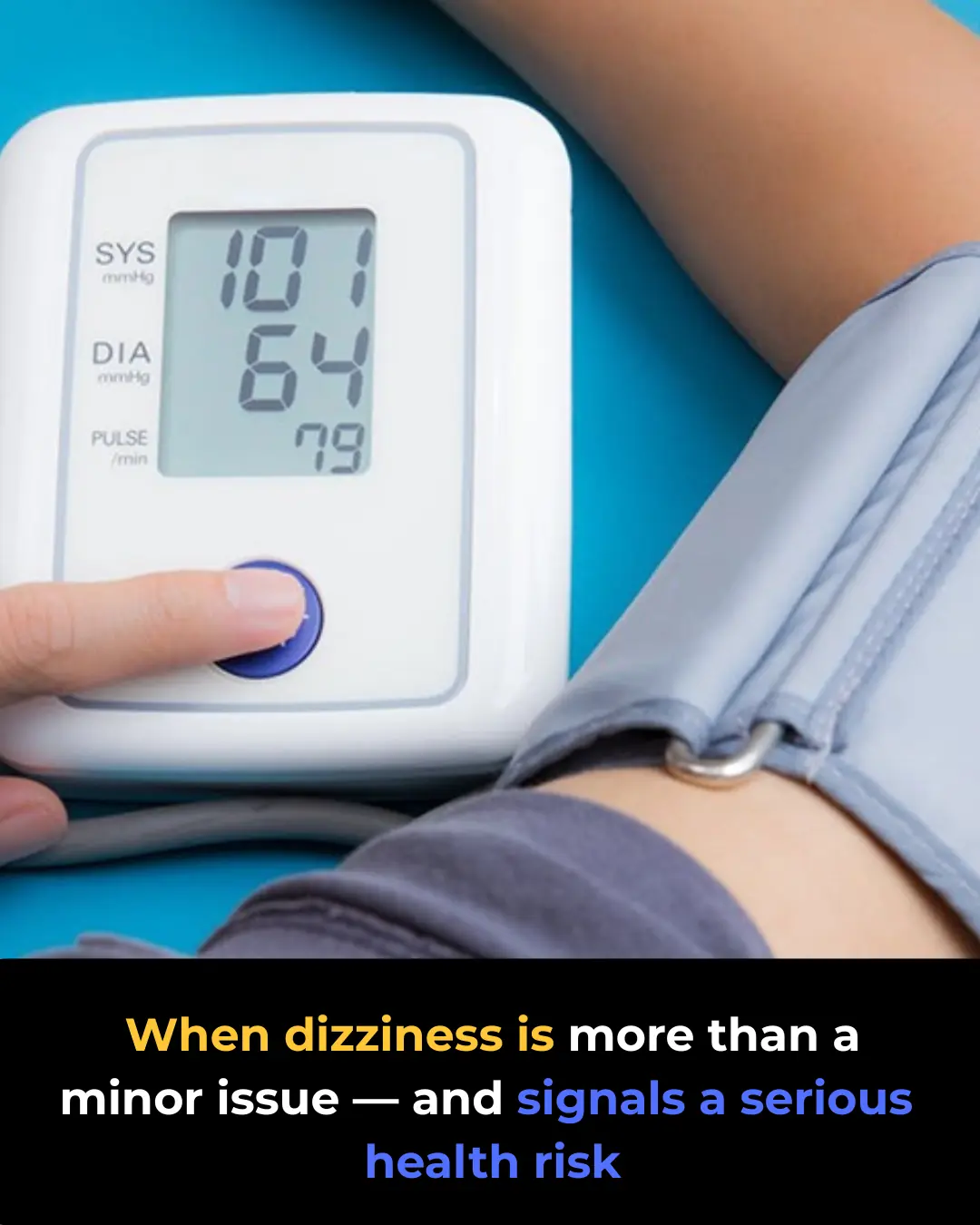
Low Blood Pressure: When Dizziness Becomes Dangerous

Hypertension Crisis: Warning Signs You Need Immediate Care
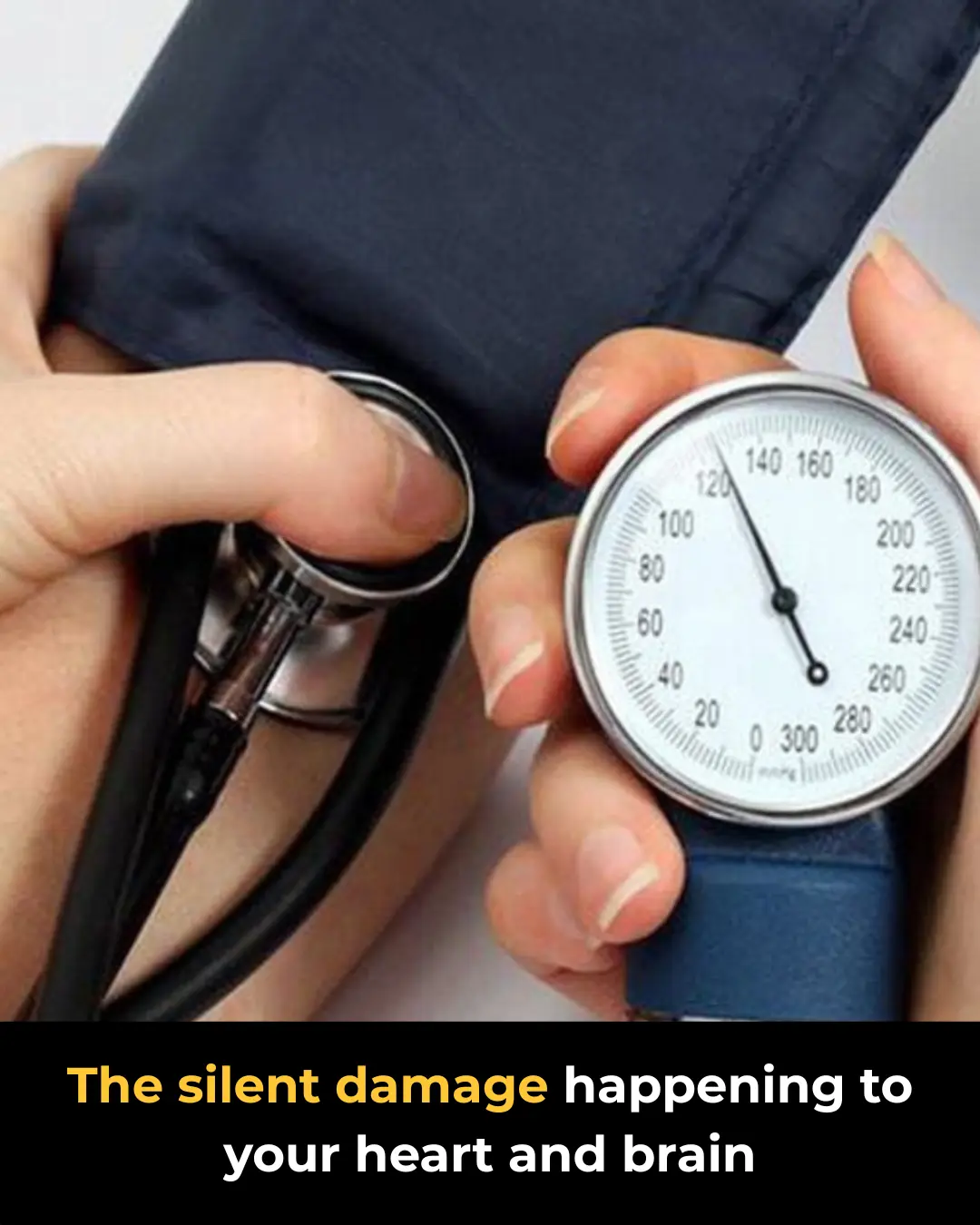
Uncontrolled Blood Pressure: Hidden Risks to the Heart and Brain

Shortness of Breath: When It Signals a Serious Lung Problem
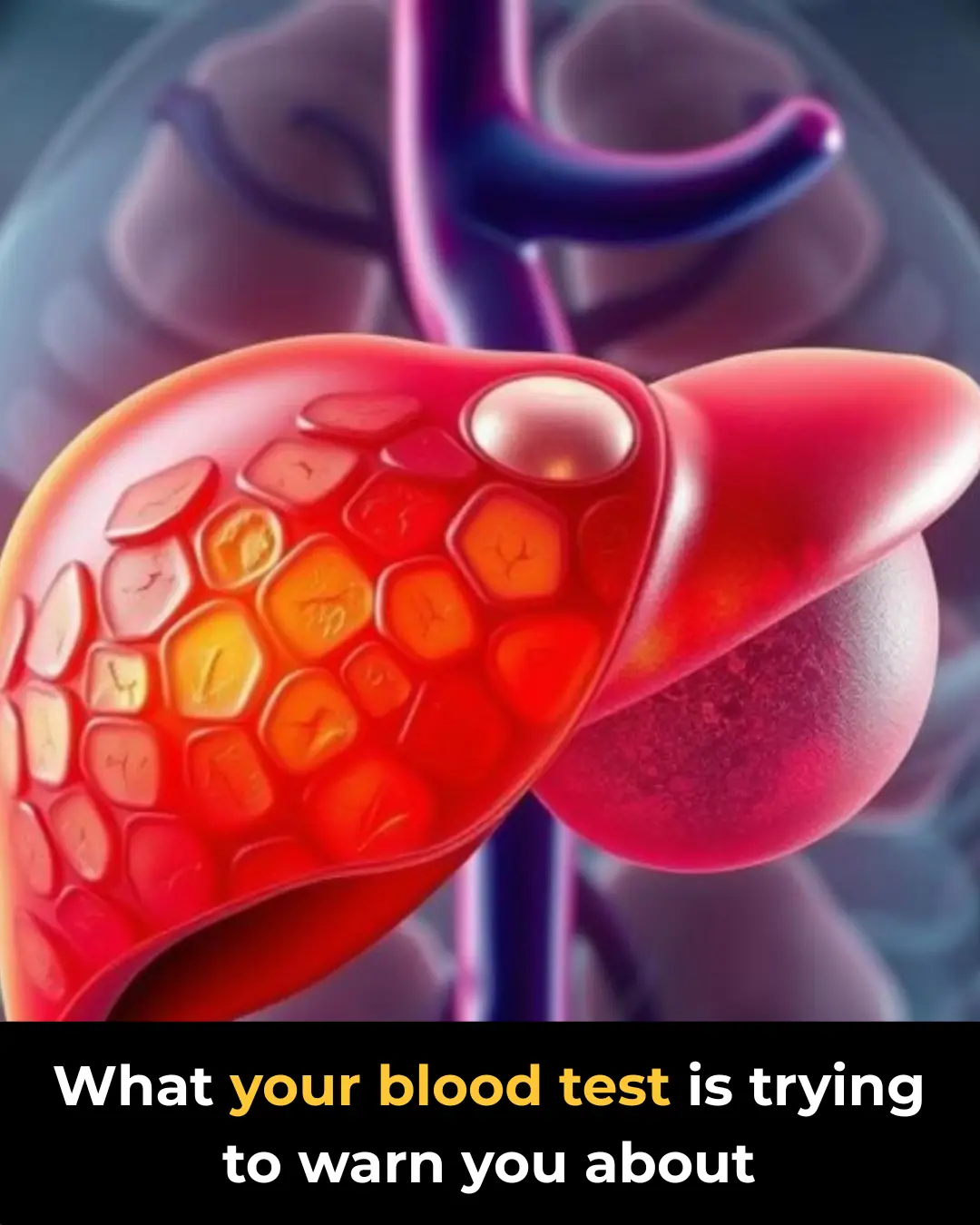
High Liver Enzymes: What Blood Tests Are Telling You

How to Reset Your Thyroid to Burn Fat and Activate Your Metabolism

6 Natural Ways To Stop Gum Disease Before It’s Too Late

Plant-Derived Nutrient Cocktail Achieves 100% Kill Rate of Breast Cancer Cells In Vitro
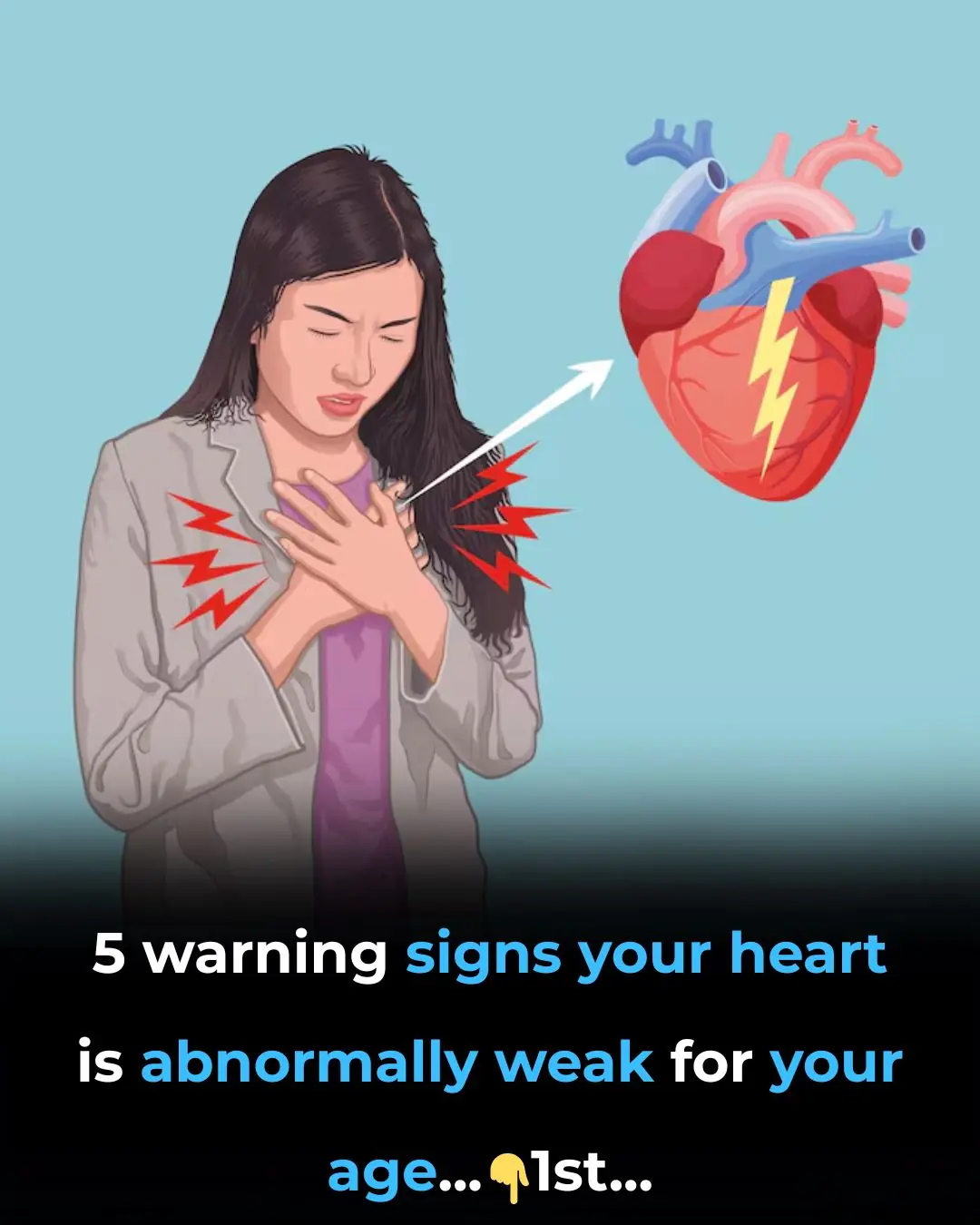
5 warning signs your heart is abnormally weak for your age

Active Vitamin D Levels, Not Storage Form, Linked to Greater Gut Microbiome Diversity in Older Men

Synergistic Anti-Cancer Effect: Curcumin and Silymarin 'One-Two Punch' Against Colon Cancer Cells

28-Year-Old Woman Develops Lung Cancer in Both Lungs Due to This Common Nighttime Habit

Purple Dead Nettle (Lamium purpureum): A Wild Ally for Circulation and Heart Health

Regular Yogurt Consumption Linked to Reduced Chronic Inflammation: Evidence from a University of Wisconsin Study

The Hidden Power of American Holly (Ilex opaca): More Than a Holiday Symbol
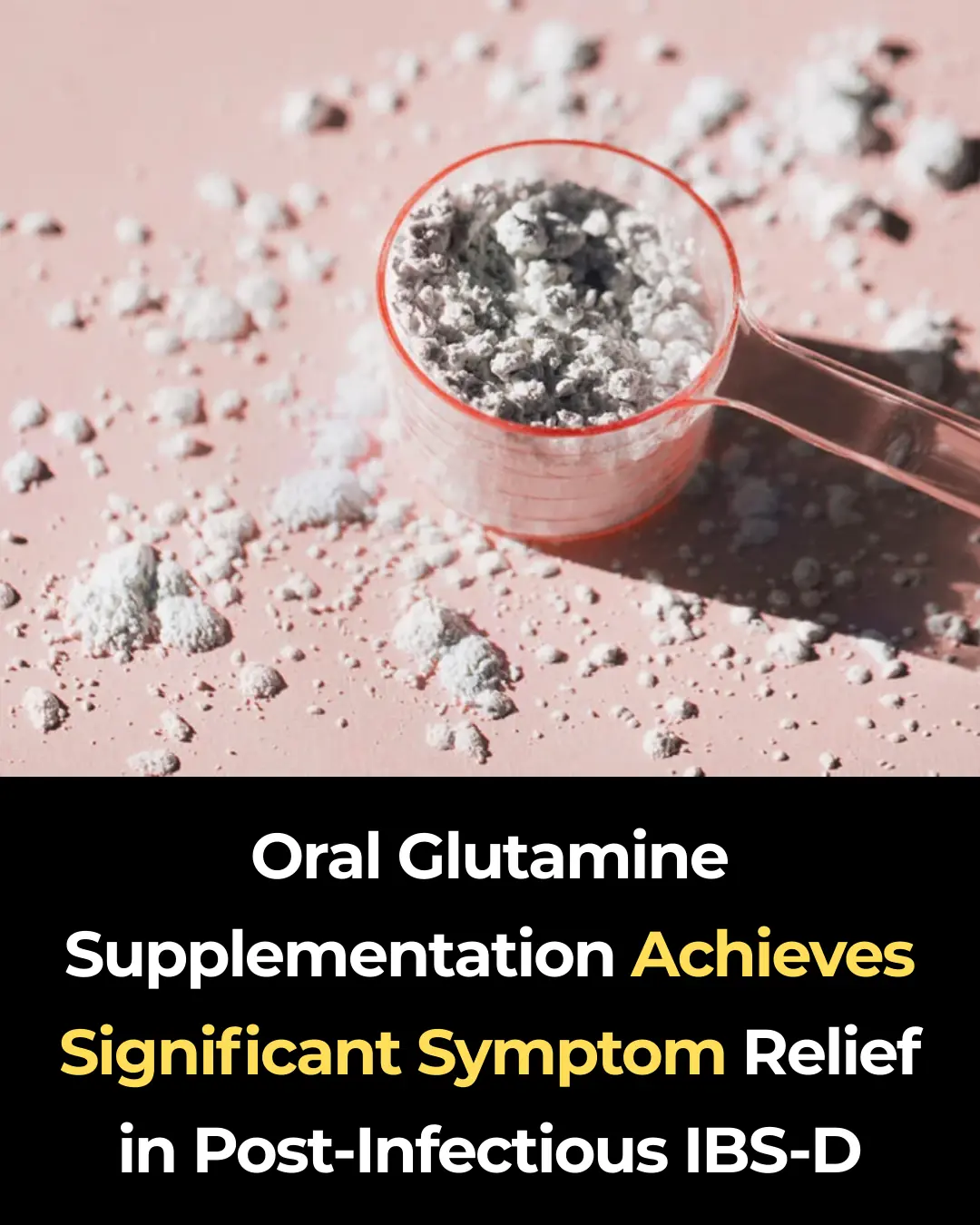
Oral Glutamine Supplementation Achieves Significant Symptom Relief in Post-Infectious IBS-D

Physician-Scientist Consumes 1,000 Sardines in 30 Days to Test Metabolic Impact
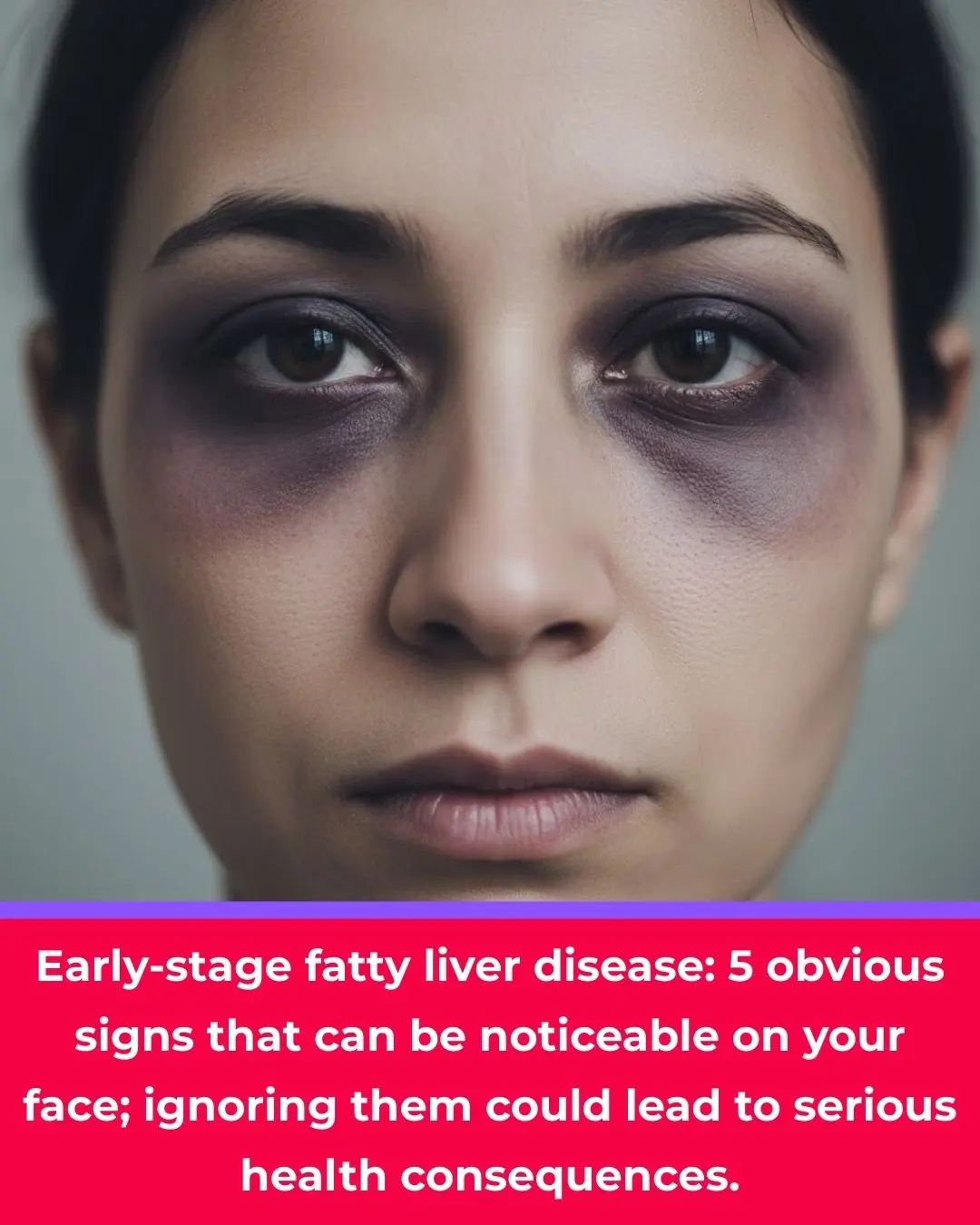
Early-Stage Fatty Liver: 5 Facial Signs You Should Never Ignore

Specific Extremely Low-Frequency Electromagnetic Field Inhibits Melanoma Cancer Cell Growth In Vitro
News Post

Increasingly Hot Solar Flares Pose Growing Threat to Space Weather and Earth's Technology

How to Preserve Meat and Rice in Jars: A Hearty Homemade Meal That Lasts for Months

Breakthrough RNA-Based Blood Test Shows 95% Accuracy in Early-Stage Colon Cancer Detection

Revolutionary Chip Prototype Achieves 100 Gbps Wireless Speeds, Paving the Way for 6G Networks
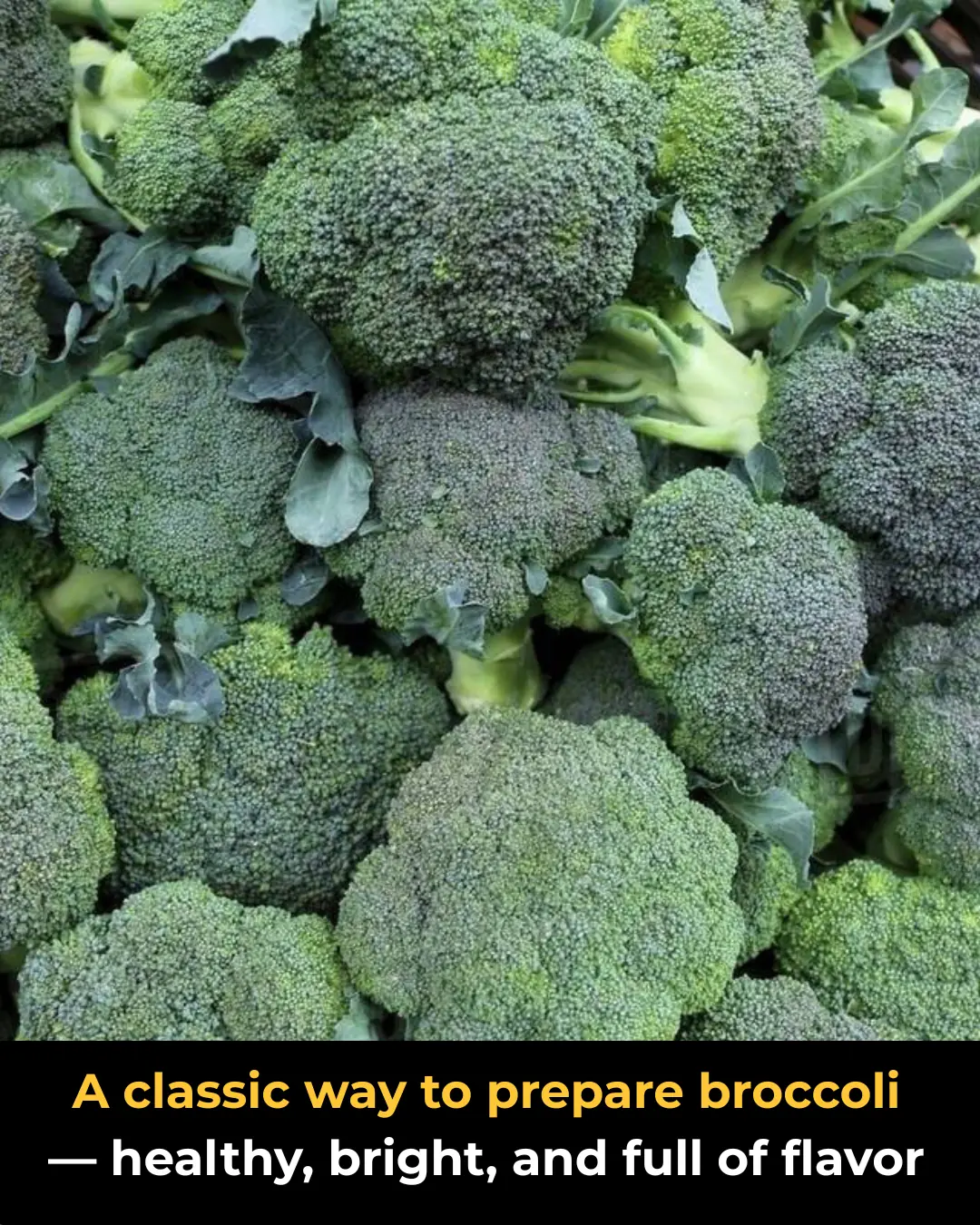
How to Cook Broccoli the Right Way: Simple Methods for Perfect Flavor, Color, and Nutrition
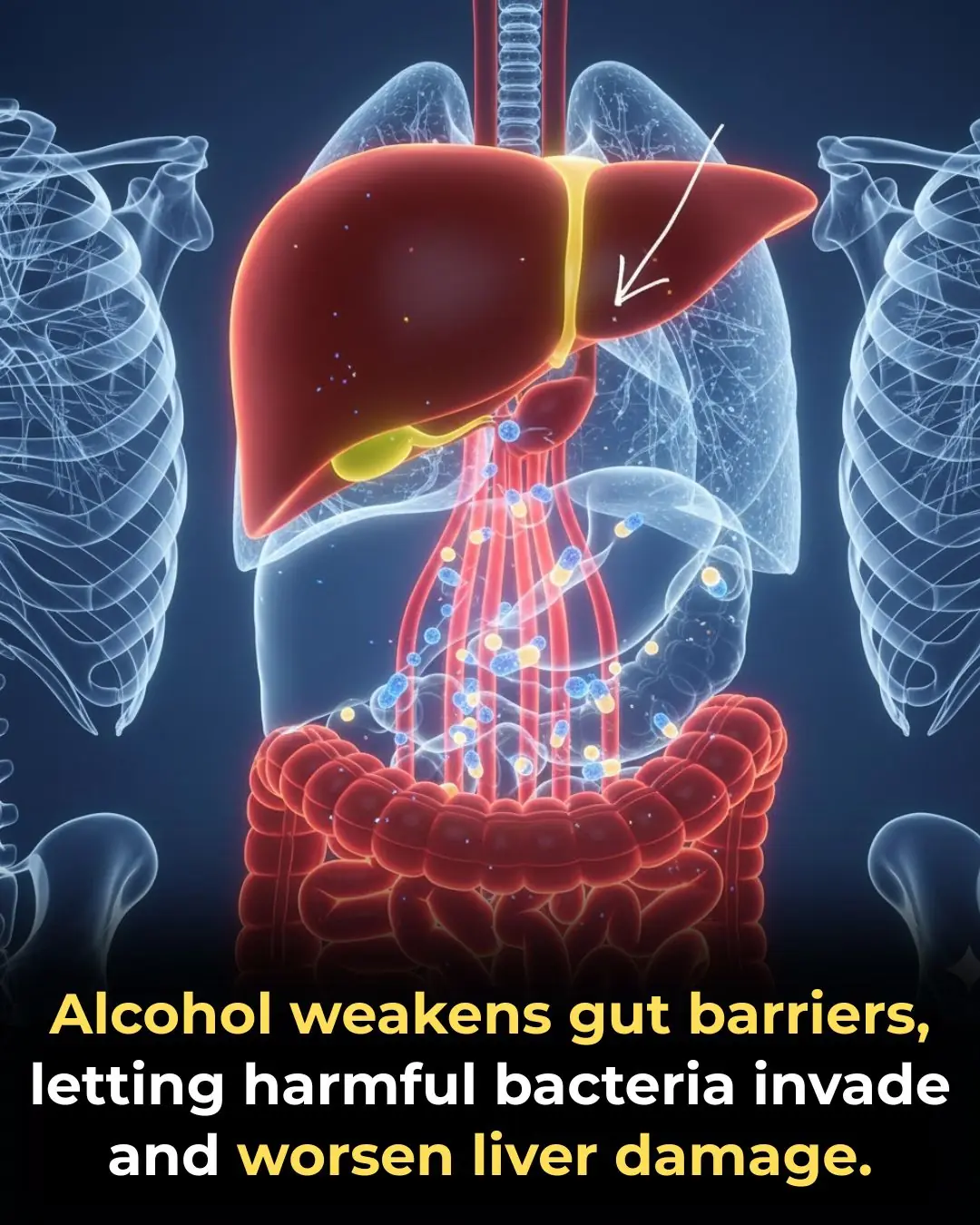
The Gut-Liver Connection: How Alcohol Impairs Immune Defenses and Exacerbates Liver Damage

Scientists Have Finally Figured Out What Causes ‘Hoarding’

Lab Study Shows Dandelion Root Kills Over 90% of Colon Cancer Cells In Just Two Days

Your Cat Might Love You More Than You Think—Here’s How to Tell

Woman Declared Dead for 8 Minutes Says She Discovered Death Is An Illusion

Reviving Italy’s Old Barns: Creative Studios Where Pottery and Bread Bring Generations Together

Sweden's Kindness Drawers: A Quiet Act of Sharing Fresh Bread with Those in Need

Urban Gardens in Italy: Transforming into Nighttime Sanctuaries for the Homeless

Modular Sleep Pods in Germany: A Subtle Solution for Refuge and Dignity in Public Spaces

A Month in Space Can Rapidly Age Human Stem Cells, Scientists Find

Hyperactive Brain Cells May Trigger Schizophrenia Symptoms—and Point to a Critical Window for Early Intervention

Tips for freezing tomatoes to enjoy year-round, keeping them fresh and delicious like they were just picked.

'You'll regret it if you throw away the water used to boil eggs: 4 clever ways to use it that you already know?'

Place this bunch of leaves in the bathroom: No unpleasant odors for a whole week, and it will repel mosquitoes and gnats.
